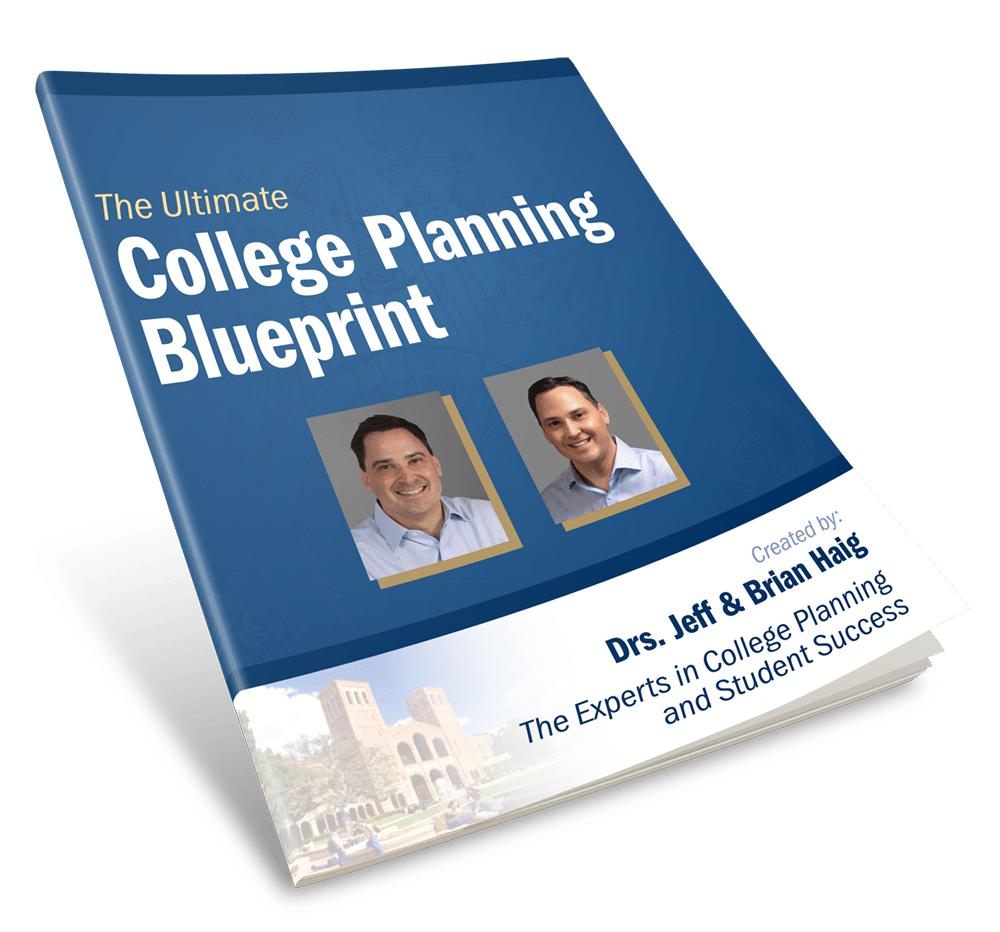Advanced Placement (AP) testing is coming up soon and it’s an opportunity to highlight strong test scores to admissions officers and earn college credit. The exams cover a wide range of subjects from English to calculus, and more. These tests are important as they let admissions officers see your mastery of a subject. It’s important to prepare well for these tests.
Below, we will share how you can best prepare for AP tests and maximize your potential for success:
 1) Understand the Format
1) Understand the Format
Each AP test has its unique format, including multiple-choice questions, free-response items, or both. Familiarizing yourself with the structure of your specific exam is crucial. The College Board, which administers the AP tests, provides detailed descriptions and samples of the question types for each subject on its website. Early acquaintance with these formats can greatly reduce test-day anxiety and improve performance.
2) Create a Study Plan
Begin by setting a study schedule that breaks down your preparation into manageable segments. This plan should start months in advance of the test date to ensure ample time for review. Identify your strengths and weaknesses within the subject matter to allocate study time effectively. Focused review sessions that target areas of difficulty can help solidify understanding and improve retention.
 3) Leverage High-Quality Resources
3) Leverage High-Quality Resources
Numerous resources are available for AP test preparation, including textbooks, review books, online courses, and past exam questions. The College Board offers free response questions from previous years for each AP test, which are invaluable for practice. Additionally, consider investing in one or more reputable review books that offer concise content reviews, study strategies, and practice tests. Websites and online platforms can also provide interactive learning experiences, tutorials, and practice questions.
4) Form or Join Study Groups
Studying in groups can be particularly beneficial for AP test preparation. It allows students to collaborate, share insights, and clarify doubts with peers. Study groups can also facilitate the exchange of study materials and resources. Moreover, teaching concepts to others is a powerful method to reinforce your own understanding and identify any gaps in your knowledge.
5) Practice Under Exam Conditions
Simulating the exam environment is a key part of preparing for AP tests. Take full-length practice tests under timed conditions to accustom yourself to the pace required to complete the exam. This practice can help improve time management skills and reduce stress under actual test conditions. Review your practice test responses critically, understand your errors, and learn from them to avoid similar mistakes in the actual exam.
 6) Focus on Your Well-being
6) Focus on Your Well-being
While rigorous study is necessary, maintaining your physical and mental well-being is equally important. Ensure you get adequate sleep, especially in the weeks leading up to the test, as sleep plays a critical role in memory consolidation and cognitive function. Eat nutritious food, stay hydrated, and incorporate physical activity into your routine to keep your energy levels up.
7) Seek Help When Needed
Don’t hesitate to seek help if you’re struggling with particular concepts or aspects of the exam. Teachers, tutors, and even classmates can provide valuable assistance and clarification. Many schools also offer AP review sessions or workshops in the weeks before the exams.
8) Stay Positive and Confident
Finally, approach your AP tests with a positive attitude and confidence in your preparation. Stress and anxiety are natural, but they can be managed with relaxation techniques, such as deep breathing or visualization. Remember, your performance on these exams does not define your worth or potential.
Preparing for AP tests is a marathon, not a sprint. By starting early, planning your study schedule, and utilizing the resources available, you can approach test day with confidence. Remember, the skills and discipline you develop during this time will serve you well beyond high school, in college, and in your future endeavors.
To Your Success,
Drs. Jeff & Brian Haig

